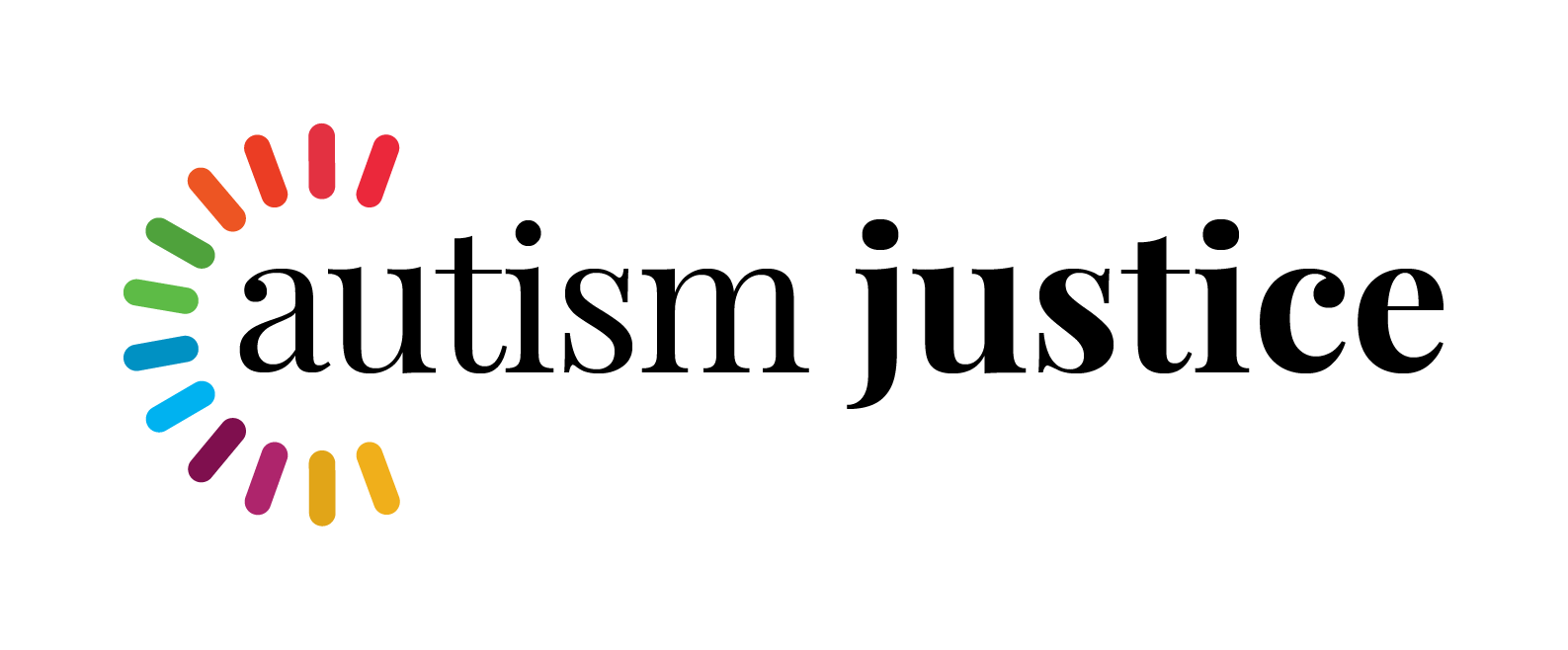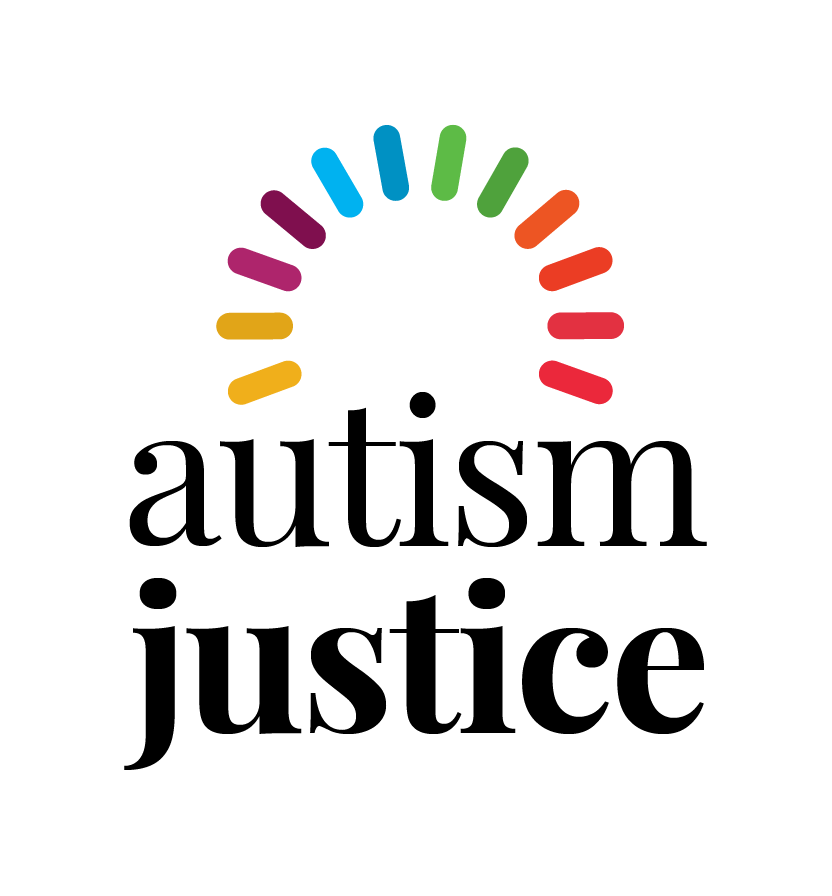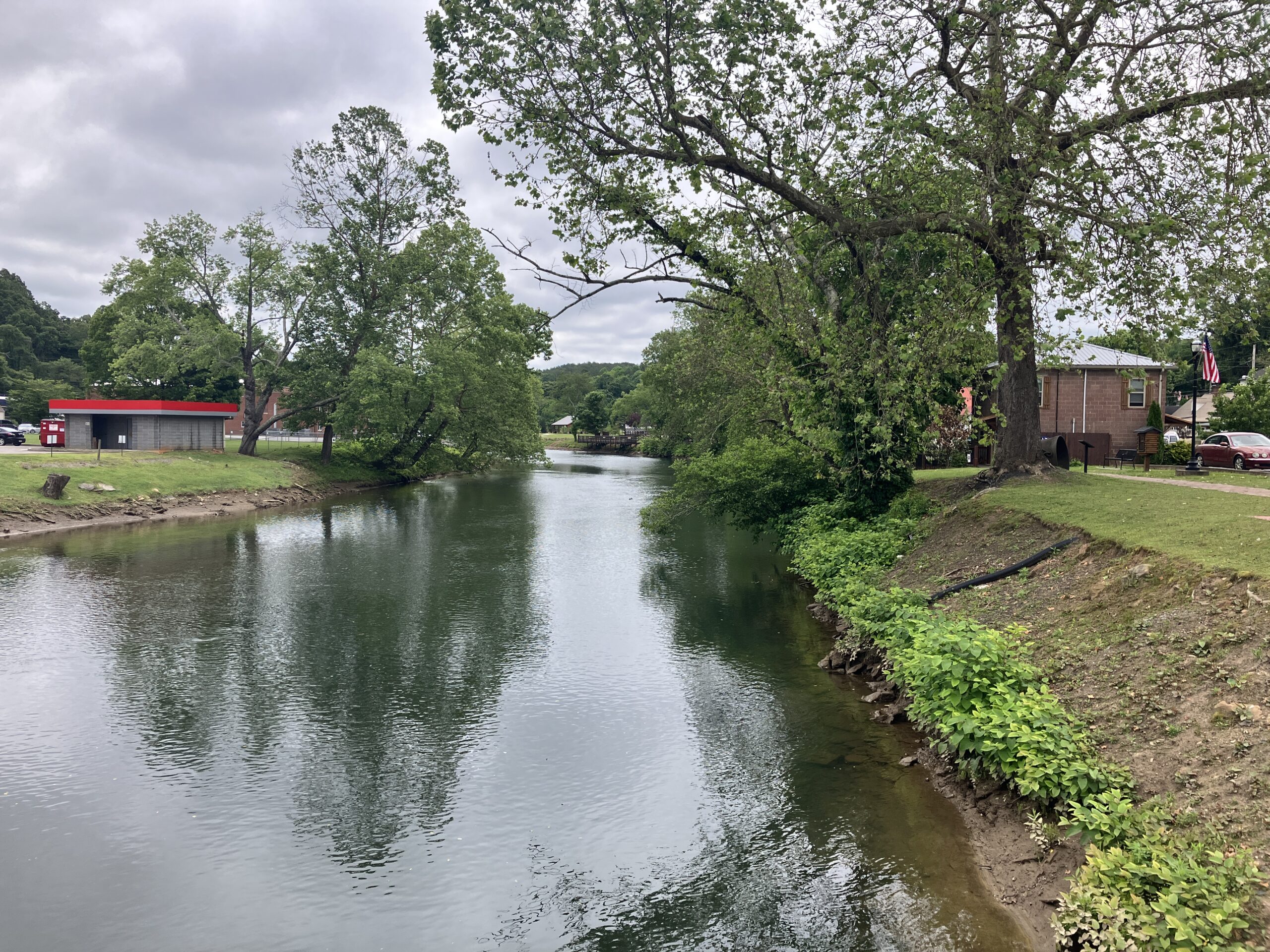Abuse of disabled adult or person is 65 years of age or older occurs when someone intentionally causes harm or puts someone at risk for harm. Neglect occurs when someone intentionally or unknowingly withholds basic necessities or care. Self-neglect refers to a person’s inability to provide care and support to himself or herself. At-risk adult abuse can take several forms, including:
Physical abuse – using physical force to coerce or to inflict bodily harm. It often, but not always, causes physical discomfort, pain or injury. It may include the willful deprivation of essential services, such as medical care, food or water.
Emotional abuse – using tactics, such as harassment, insults, intimidation, isolation or threats that cause mental or emotional anguish. It diminishes the person’s sense of identity, dignity, and self worth.
Sexual abuse – any kind of sexual behavior directed towards an at-risk adult without the person’s full knowledge and consent. A spouse, partner, family member or other trusted person can perpetrate sexual abuse.
Financial abuse or exploitation – improperly or illegally using a person’s resources for the benefit of another person, for example, using a Power of Attorney to gain access to an adult’s assets for personal gain or using undue influence, false representation and other means to gain access to an adult’s monthly government checks.
Neglect – occurs when a caregiver refuses or fails to provide essential services (food, water, shelter, medical care, etc.) to the degree that it harms or threatens to harm an older and/or disabled adult.
Self-neglect – failing to perform essential self-care such as depriving oneself of necessities such as food, water, or medication. Consciously putting oneself in harm’s way or being unable to handle needs of day-to-day living because of medical, mental health or other disabilities. Self-neglect is not a crime.
Resource for further reading: http://aoa.gov/AoA_Programs/Elder_Rights/Elder_Abuse/docs/ABuseReport_Full.pdf
























